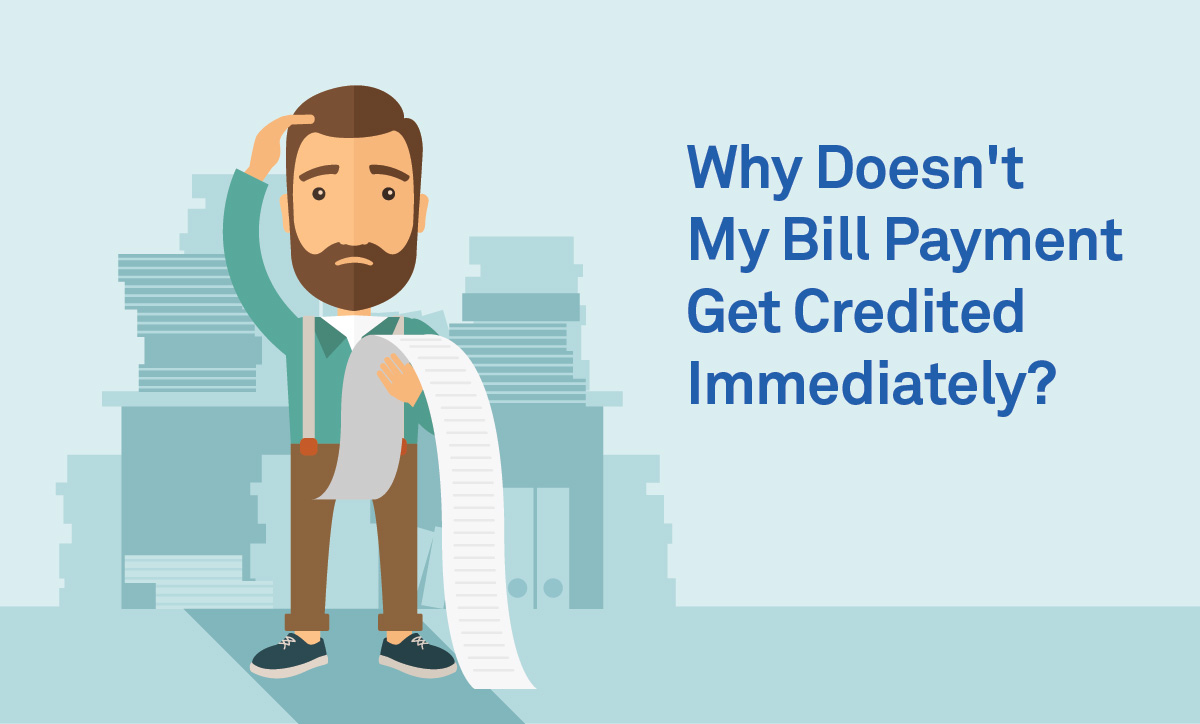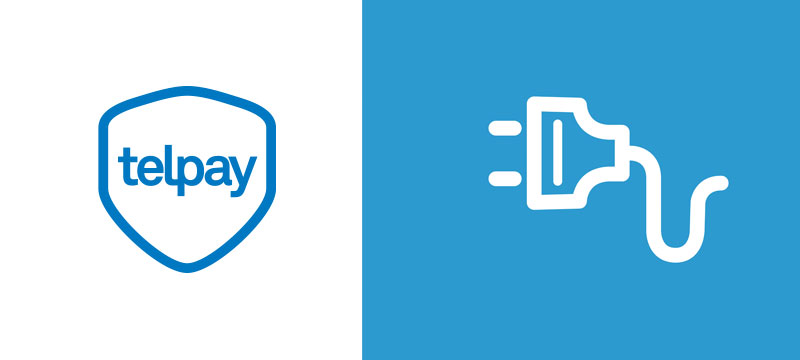
Have you ever noticed that credit card statements have a payment due date that sometimes falls on a weekend? If so, were you uncertain if you had to pay that bill well in advance of that weekend? Well, it certainly can be confusing!
The Financial Consumer Agency of Canada states the following:
“No matter how you pay, if the payment due date falls on a weekend or holiday, payments made on the next business day have to be accepted as having been made by the due date”.
Just for fun, I read my own BMO Mastercard cardholder agreement (yes, I have time on my hands!) and it gives the same message. For example, when the due date is Saturday or Sunday then the payment must be accepted “on time” if the credit card company receives payment on Monday.
Here is where it can get a bit slippery. It is important to understand what is meant by “making the payment on a certain date”. It means that the credit card company must receive your payment remittance on that date. When paying electronically via your financial institution or bill payment provider, it’s always a good idea to verify the exact date of when your payments are remitted to the credit card company. Even though you make a payment on a Monday, it may not be submitted to the company until Tuesday (or even later). So, if you make the payment electronically on the due date, you may be assessed late charges, as the payment will “arrive” the next business day. If you are using snail mail or courier then obviously it’s best to pay quite early.
Incidentally the same timeline applies for CRA payments, be careful though as penalties for late CRA payments are stiff.




